Today the Mobile App is the fastest among business tools.
According to statista, the smartphone market is expected to reach 8.7% in 2023.
Mobile apps are something which makes your work easy just by a click. It also offers benefits like instant communication, GPS, Banking, entertainment etc. Many businesses have their own mobile apps to provide users with a convenient experience.
Building an app has many reasons. In business, Notifications helps in customer retention by indirectly interacting with customers with latest updates.
Whenever you are going to build a Mobile App, the question arises: How are you going to build it? Which is the most suitable approach for the development and programming languages.
Table of Content
In a world full of technologies, deciding to choose between types of Apps is almost a difficult task. As there are a large number of mobile users, it is hard to know their interest. But then also, One must have a solid knowledge of both approches of technologies used in Mobile.
Comparison - What to choose - Native or Hybrid?
Let's understand both one by one:
Native Apps
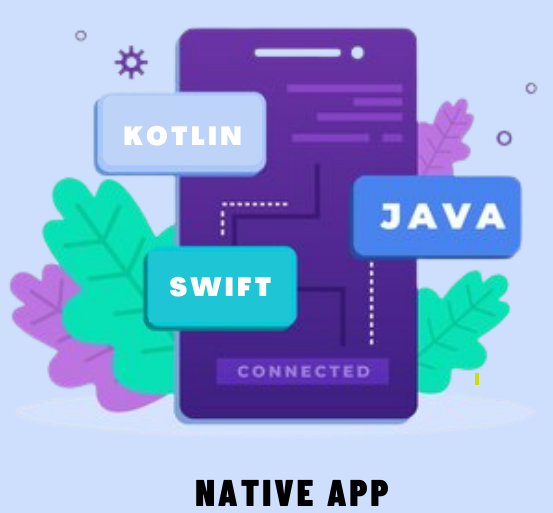
Selecting a specific programming Language allows you to go with Native App; Objective C or swift for iPhone Apps and Java or Kotlin for Android Apps. Many established companies working with Native approach, had a great user experience.
When you are required to build an app unique to each platform you should prefer Native Apps. Though it takes time to build and require more effort, the final product is more user friendly and appealing.
The development of Native apps involves applications and software that are necessary to be operated on the specific mobile app platform. If you tried to run native apps on other mobile operating systems, then it won't run. For iOS, you are required to do development in swift.
In the case of Native apps, developers use tools and programming languages originally used for the device and operating system. Both Google and Apple design tools and update programming languages specific to their respective platforms. Native apps allow users to use all the functions of the device making apps more enjoyable. As Native apps are more secure, they are the most desirable choice of the developers.
Native Apps can work better in offline mode. In a case where there is no sufficient internet access or low internet speed, then one can go for Native.
The user interface i.e interaction between user and computer, is a better experience while choosing for native; as the user experience elements such as input controls, Navigation components, informational components are directly coded in a language understood by hardware devices.
The development speed of Native is slow as developers need to write code twice for different platforms. The Native Apps are comparatively easy to publish on App store and Play Store.
When you compare the speed of Native and Hybrid Apps, Native Apps are faster than Hybrid Apps and are more responsive.
Hybrid Apps
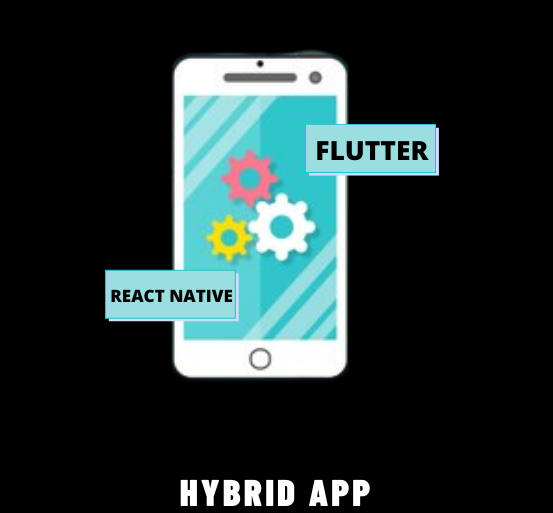
Looking into another type of the App is the Hybrid one. These apps fully depend on the developer's web technologies experience of designing elements like Javascript, CSS and HTML.
Hybrid Apps are also in a race(competition) to become as good as Native but it can not become up to mark because there are always advancements in both iOS and android and they are different then each other. These apps are also sometimes easier and faster. Also its speed fully depends on the speed of the user's browser.
They can use many device features but not all. By allowing developers to write a single code for creating mobile apps for Android and iOS platform, help to reduce development time. As hybrid apps can run on diferrent platforms, you can target more customer base. Building on multiple platforms may cost higher for the hybrid app.
A good internet connection is a must for Hybrid. Without connection, it is of no use. It has cross-platform compatibility, technologies used to develop hybrid apps are React Native, Flutter, Cordova, Xamarin etc.
React Native and Flutter
Different companies are working hard on technology which can develop better hybrid apps. React Native and Flutter are an example of it. Both are open source Framework. Using Javascript as its programming language, react Native speeds up the programming. Flutter uses Dart as a programming language.
When to choose Native Application Development?
1. For a good user experience, native app development is a good choice for you. There are many benefits to using native apps.
2. If you are coding for one particular platform, if one has a business that deals with 3d games and animation, for adding specific features such as camera, GPS and so on; native apps give extremely high levels of performance.
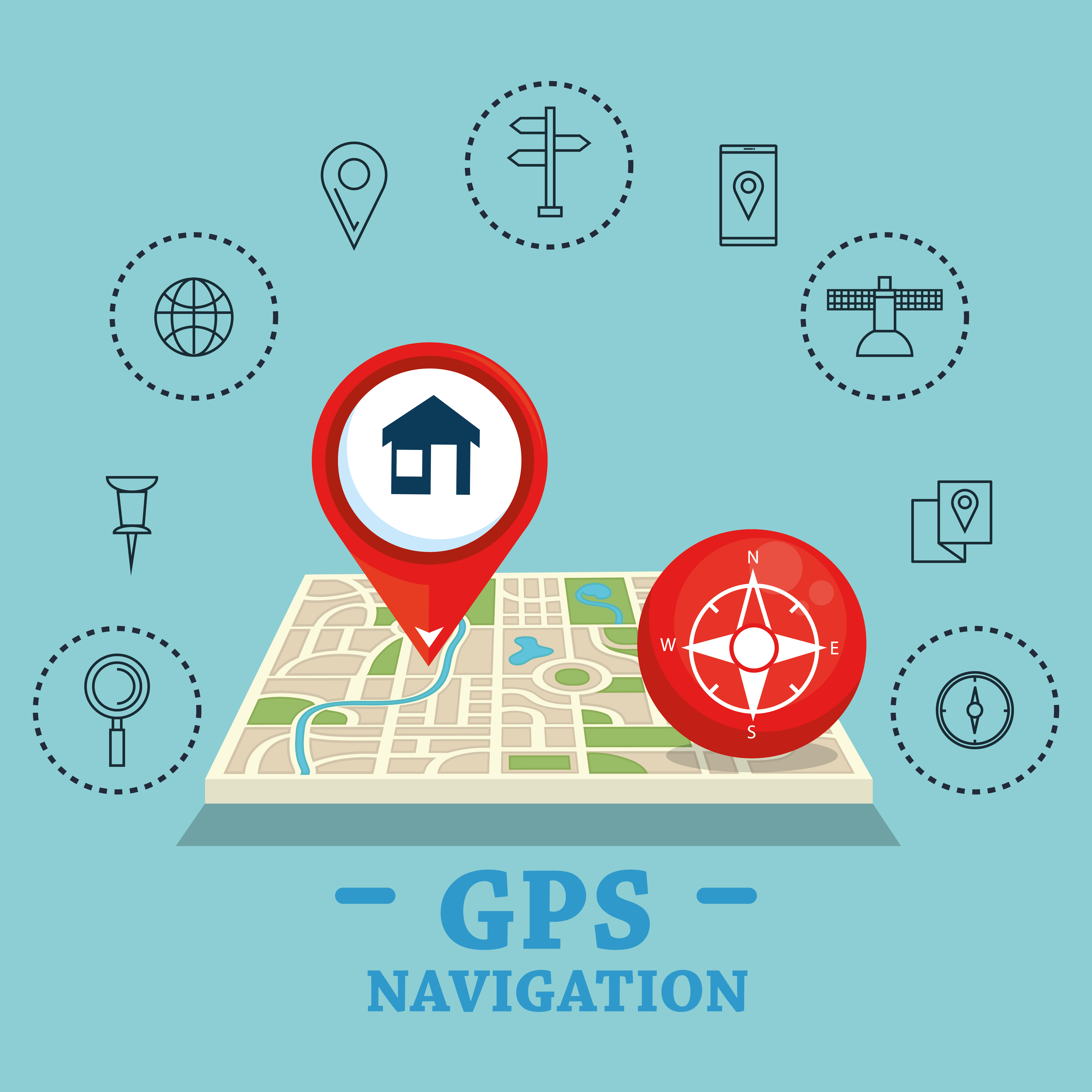
3. These apps are more secure, efficient and responsive and also take less load time.

4. Also, these apps provide higher user engagement. This is what makes native apps different from all other mobile applications. It is a most preferred choice for most of the developer.
5. Native apps work offline. It means that these apps do not require internet connectivity if coded in such a way for specific functions. If you get stuck somewhere where there is no internet or are facing internet connectivity issues or slow internet or broken connection, native apps can work without fail.
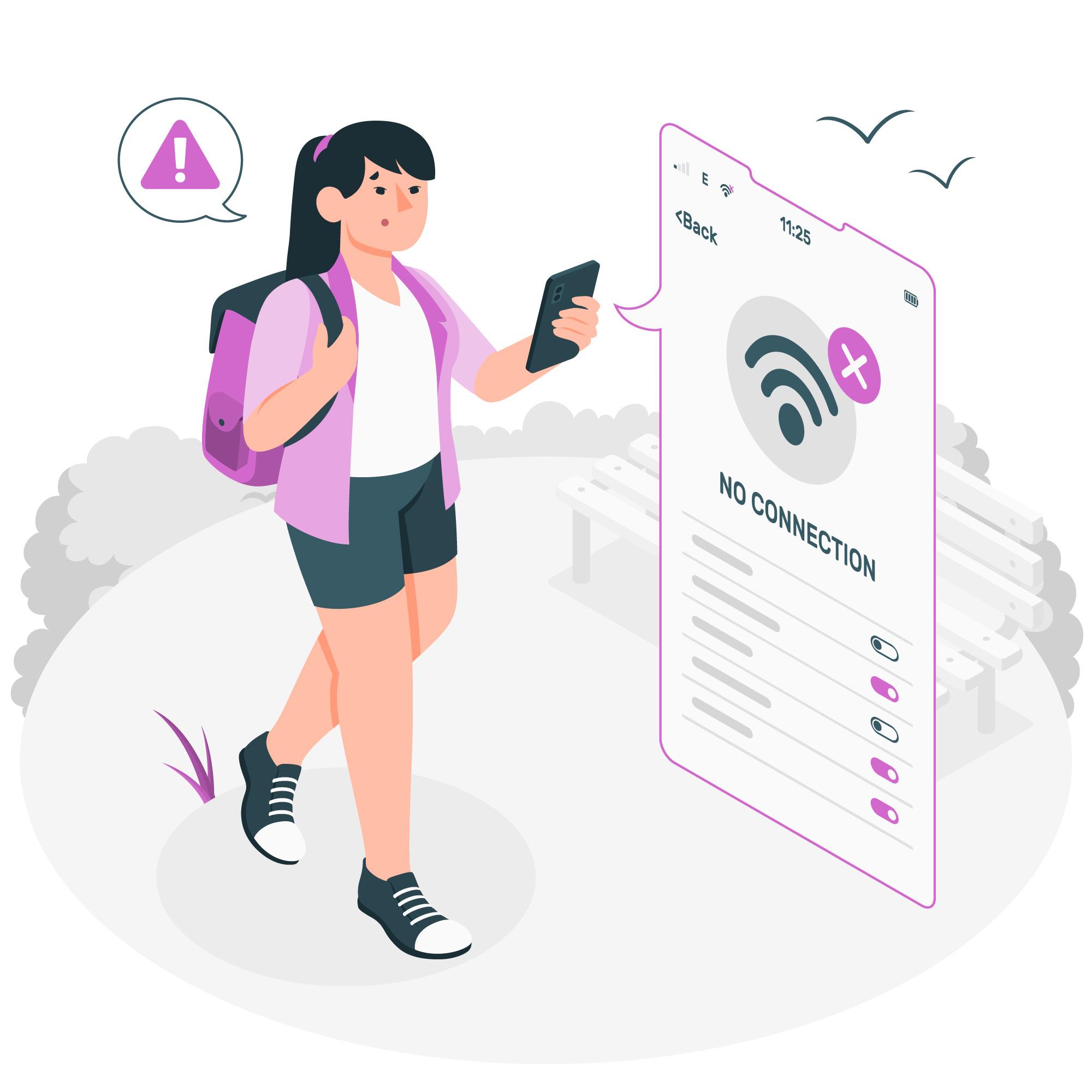
6. New features are easily added in Native Apps.
7. New libraries from Apple and Google also get added first for their native development system. So native Development always works perfectly with the latest updates and new technologies.
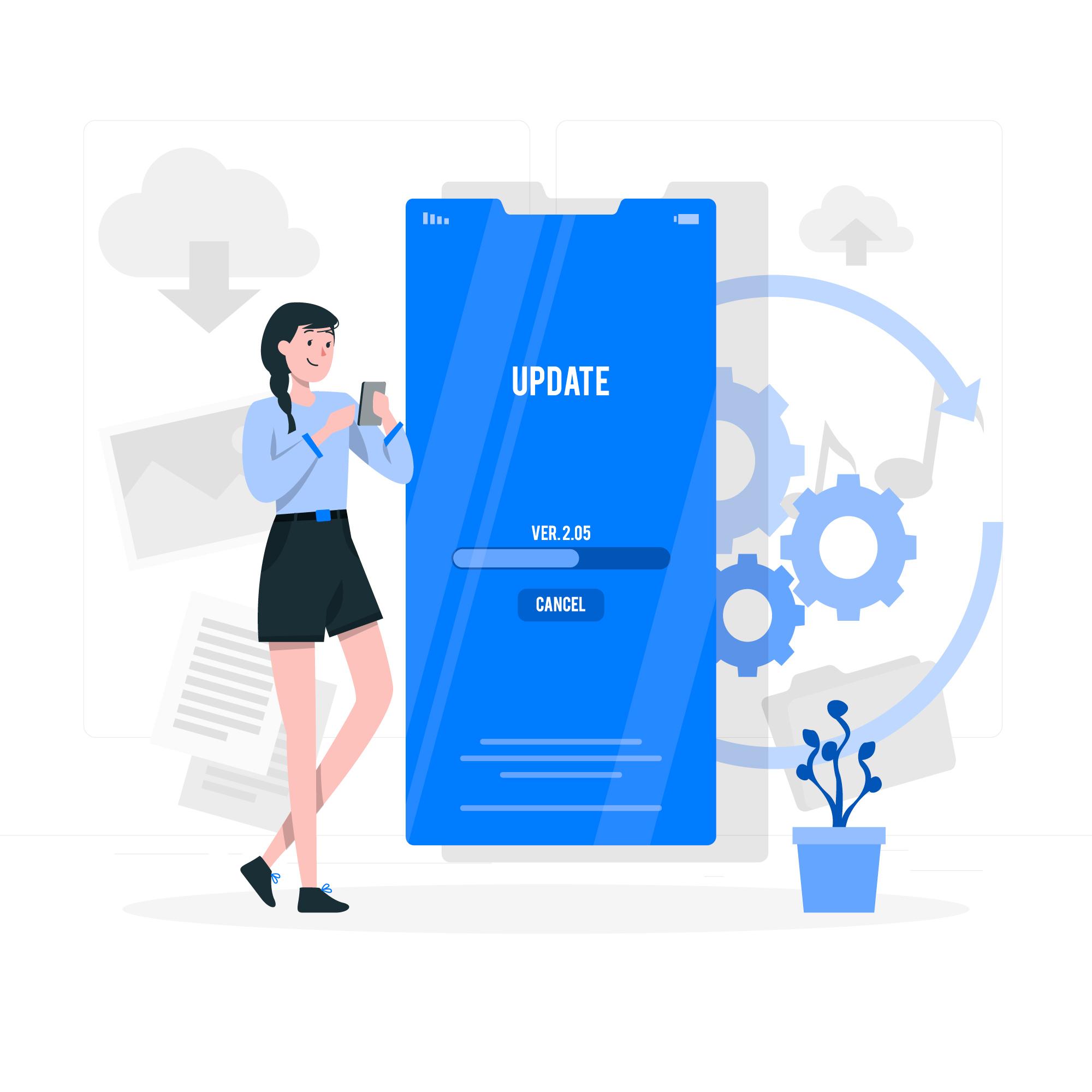
8. For AR apps also there is deep use of hardware and for the same reason native apps work better for it.
Despite there being many Advantages of Native Apps, there are some challenges also.
Let us see how challenges influence Native Apps Development:
1. It requires more development time
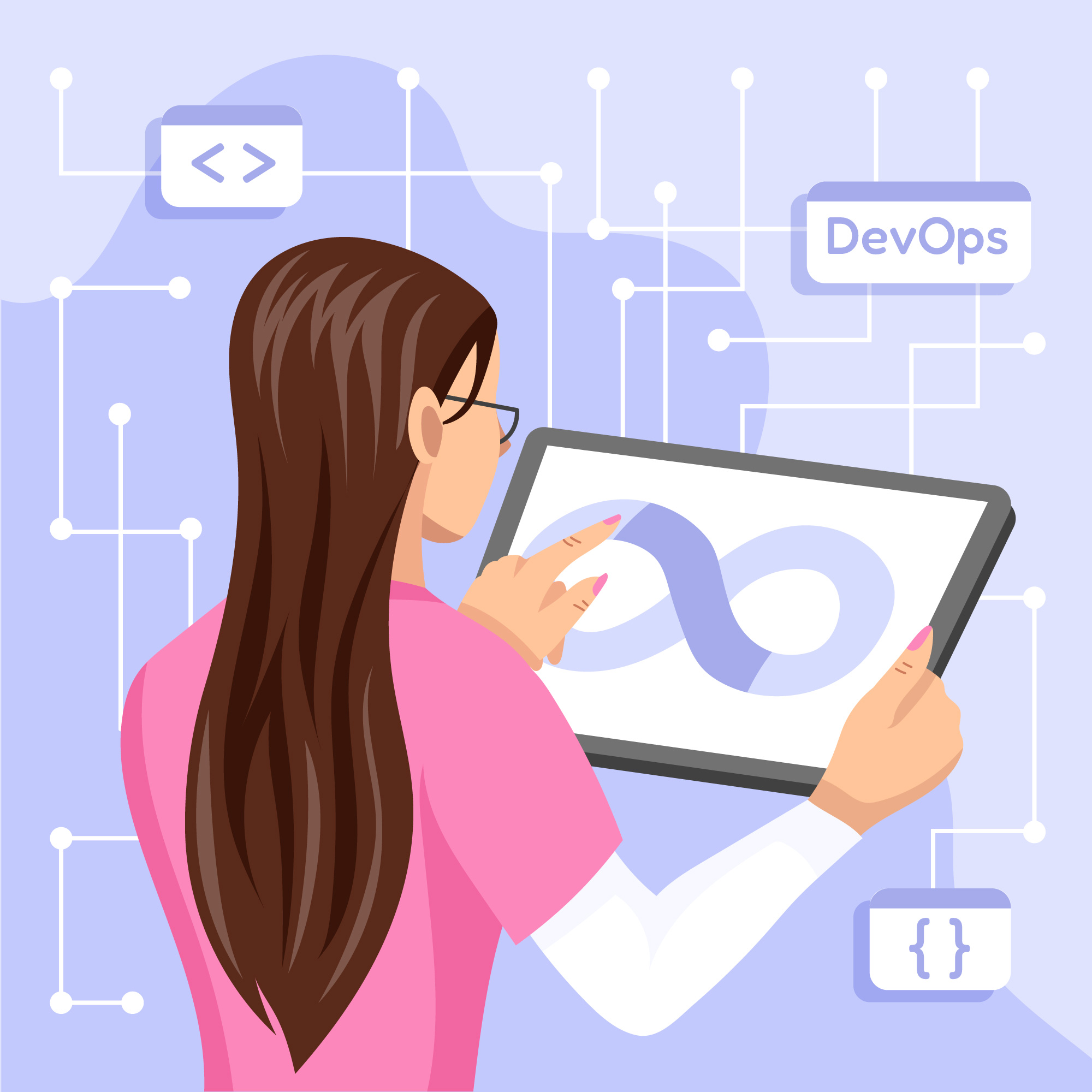
If we develop for both iOS and Android then it takes more development time. In Native Apps, for a different platform, one has to write different code. It increases development time of the app. If we first develop for one platform for eg. Android then takes time accordingly.
2. Native Apps requires constant update
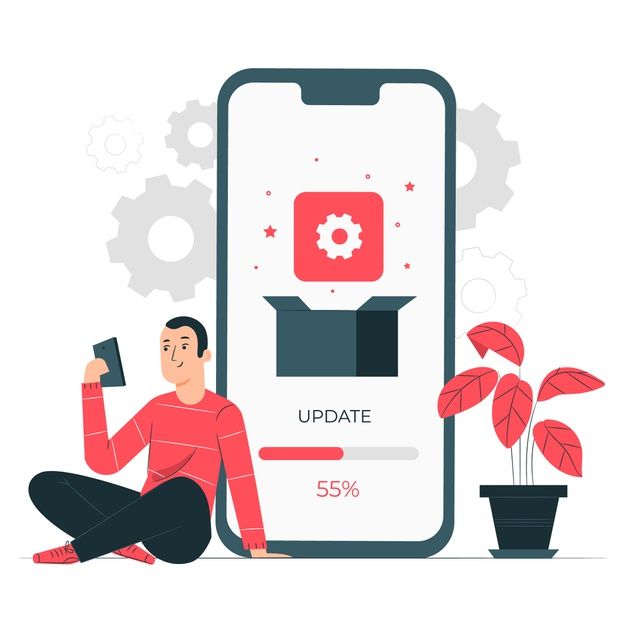
During the new update or any bug fix, the users need to update the app to the latest version from the respective app store.
3. Higher Development Costs

This is a major challenge of Native App Development. As one has to build separate apps for different platforms, the development cost increases. Also app maintenance is required to be done separately for each platform.
4. Native App require skilled developers

As development is somewhat complex for these apps, there is a need for skilled developers to create a successful app. Also it requires advanced programming language and it is difficult to find developers competent in this language.
It's time to look more about Native Apps
The official language forAndroid Development is Java and Kotlin. If android apps are built using these languages then they are Native Apps.
Programming Languages for Native Android Development
In today's digital age, a mobile app is the only way to grow your business. It engages customers and helps to get more revenue. The next thing all you need is a good programming language that is easy to learn. Android App Development Market is continuously increasing and if you want to survive in this competition, you need to know the basic knowledge of following programming languages:
1. Java:

Java is a popular object oriented language for Android development, introduced in 2008. Being both language and platform, Java has changed rapidly. Most of the developers give first preference to Java as it is easy to learn and is compatible. Many Apps in the play store are mainly built using Java.
2. Kotlin:

As there are many growing mobile platforms in the market, Kotlin is gaining popularity in Android development. Though it is new, it is known to everyone. It is a programming language used as an alternative to Java for Android Development. It makes use of Java virtual machines.
Though Java is a robust and reliable technology, Kotlin is going to replace it. Language creators are continuously trying to develop Kotlin and it is no longer to say that the future is with Kotlin. One of the major features of kotlin is that Kotlin Android technology allows you to write code once.
Programming Languages for Native iOS Development
In Native Mobile App Development, if you want to create amazing apps and websites in iOS and if you are a web developer, then Objective-C and Swift are the options available. It is up to you to choose Objective-C or Swift.
1. Objective-C:
Objective-C is the first iOS's language developed by Apple for the development of iOS applications. It supports object oriented programming. Though it is an expanded version of C, it is a combination of C and C++.
2. Swift:
Swift is an open-source language, also faster than objective-c. Many iPhone app development services use swift as the best native programming language. Developers find effortless programming with Swift as it requires fewer lines of code. Its features are designed so safely that they prevent common bugs from occurring.
So here we have seen there are many programming languages for Native Android Development which are quite simple and easier. It is upto you which one to choose. Any of the above languages are great for Native Android Development.
Choosing right IDE's for the Development
As you are familiar with various programming languages, you should be aware of some IDE's for software development. They are also important as far as the project requirement is concerned. As a developer, you have to handle many issues related to development. IDE's are basic tools that help developers to make their work easy and mistake-free.
1. Android Studio IDE (Android SDK):
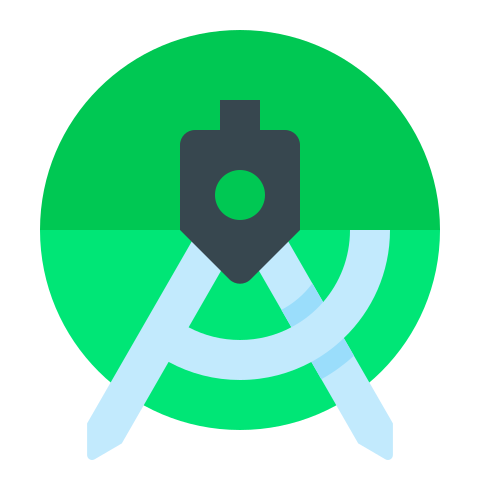
For developing Android applications, Android Studio is a development IDE from Google that uses Android SDK. It is a set of development tools and libraries developed by Google for the Android platform.
2. XCODE IDE ( iOS SDK):
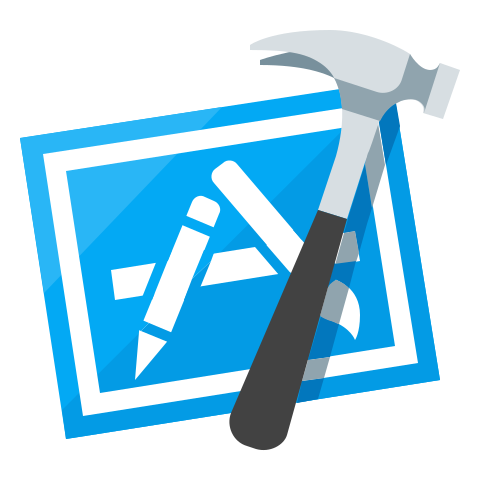
XCode IDE(Integrated Development Environment) includes tools such as the iOS SDK required for the development of apps. Mainly it is used for creating and developing apps within Apple's environment.
Native or Hybrid Mobile Apps Testing
With the difference in technologies, the testing approach for both types of apps is the same.
1. Functional testing for both apps:
In this type of testing, you need to check if all the features are working properly or not.
The test include:
A.Examining proper screen orientation
B.Evaluating gesture
C.Checking app behavior - if the app faces any disturbance like push notifications, phone calls, SMS and messages etc.
D.Analyzing app’s use of built-in device resources as camera, location etc.
2. Compatibility testing is done to make sure your app works on devices mostly used by the target audience.
3.Connectivity testing is done to test
A.If the app works without internet connection
B.If the app can switch between different connection types
C.To test app with different type of connection
4.Performance testing is an important parameter to test for both type of app
Is there any difference between Native app development and Android?
In Native app development, we can use Swift or Objective-C for the development purpose whereas for Android apps, one can use Kotlin or Java.
Monitoring native apps for problems
If you are going to build Native apps either from scratch or using native frameworks, end-user monitoring is a must for better user experience.
1.It is good to measure your app's performance according to the user viewpoint.
2.Try to remove errors by device types, app versions as well as operating system.
3.You can measure metrics i.e data consumption, launch time and UI response time that really affects end users.
4.You need to monitor back-end services and third party API calls.
Why are companies switching to native mobile apps?
As Native apps work very fast and are responsive, most of the companies prefer Native apps over Hybrid apps. Also these apps are built for a specific operating system. The apps are compiled using the platform’s core programming language and APIs.
Final Words:
Any good level mobile app development is a costlier one. If we invest in the proper way, it pays off. Based on the above factors we can decide whether we want to choose Native or Hybrid.
Our understanding is that in some cases hybrid is better and in most of the cases native is better.
One should focus on Native Android first to reach the next billion users, who will use Android because it's cheap and if you want to attract and gain customers and also benefit all their device capabilities, Native App development is the way to go. So for a good profitable business and for a superior product, one should go for Native.
Frequently Asked Questions
1. Which is more secure between native or hybrid apps?
Ans: Native apps are more secure. They have access to platform specific security features. Also Native apps can use resources from the phone. So it is easy to test them.
2. Native app vs hybrid app available on which platform?
Ans: The native apps are built for one specific platform i.e Android or iOS. Hybrid apps can run on any platform, they can be downloaded through play store or used through web browsers.
3. Are Native apps a choice for implementation?
Ans: Yes. As they are the first choice because of quality and performance, it is cheaper to use and perform on one OS.
4. Do Native mobile apps use cookies?
Ans: Cookies are saved to web browsers only by web apps. Native apps do not save cookies as the web browsers,but they can save data in local databases. If native apps can make use of those stored cookies, then you will get SSO experience.
If you are looking for anything in which we can help, Just Contact us and we can quickly discuss details about your app.
Looking forward for your email/skype message and to discuss with you.
Get in touch with us.